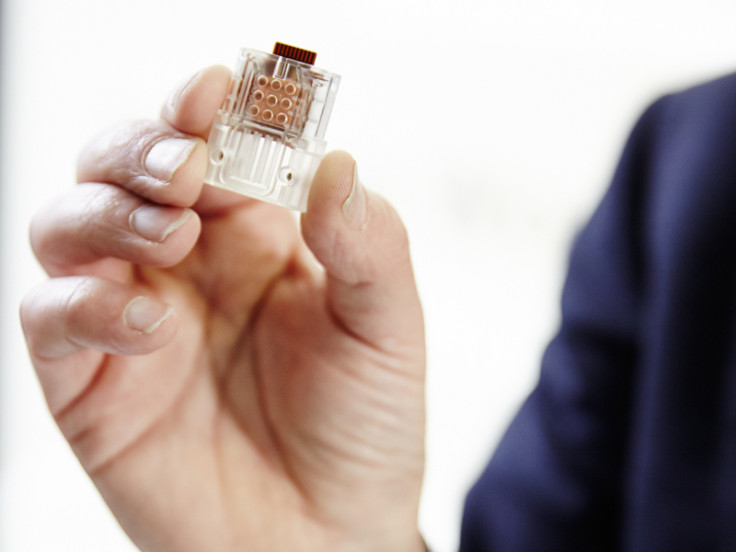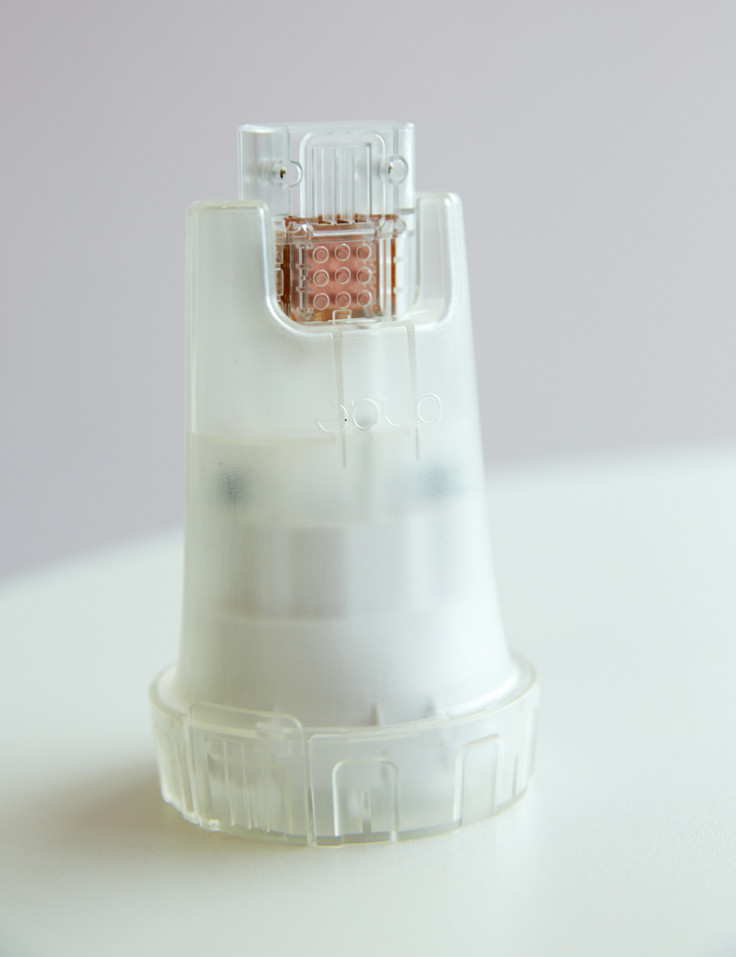New USB-based HIV test can show results on a mobile device within 30 minutes
Technology promises critical monitoring treatment for patients in remote parts of the world.

Scientists have developed a new, USB-based HIV test that can produce results in less than 30 minutes. The device, created by scientists at at Imperial College London and spin-off company DNAe, opens up new possibilities for at-home HIV treatment as well as a means for those living in remote regions to get tested for the virus.
The USB device uses a drop of blood to detect levels of HIV in the bloodstream — a key part of HIV treatment. If the test detects a change in acidity caused by the presence of the virus, an on-board mobile chip triggers an electrical signal that can then be viewed on a laptop or other mobile device.
Its creators hope the test will allow HIV patients to monitor their own treatment in the same way that diabetes patients use at-home kits to keep track of their blood sugar levels. According to Imperial College London, the device displayed an accuracy rate of 95% when tested against 991 blood samples, in most cases producing results in just under 21 minutes.
Dr Graham Cooke, senior author of the research from the Department of Medicine at Imperial College London, said the technology could be particularly useful in remote regions of sub-Saharan Africa, where approximately 25 million people are living with HIV yet access to testing facilities is limited.

"HIV treatment has dramatically improved over the last 20 years — to the point that many diagnosed with the infection now have a normal life expectancy," Cooke said.
"However, monitoring viral load is crucial to the success of HIV treatment. At the moment, testing often requires costly and complex equipment that can take a couple of days to produce a result. We have taken the job done by this equipment, which is the size of a large photocopier, and shrunk it down to a USB chip."
The research team is also investigating whether the device can be used to test for other viruses like hepatitis. Chris Toumazou, executive chairman and founder of DNAe, added: "This is a great example of how this new analysis technology has the potential to transform how patients with HIV are treated by providing a fast, accurate and portable solution."
© Copyright IBTimes 2025. All rights reserved.






















